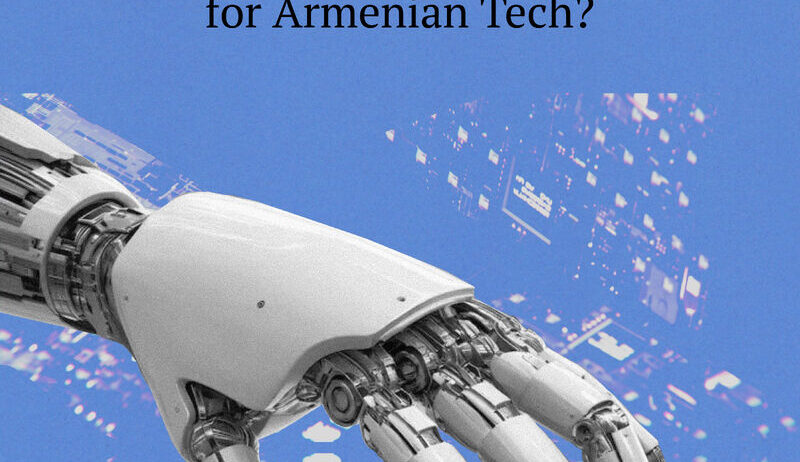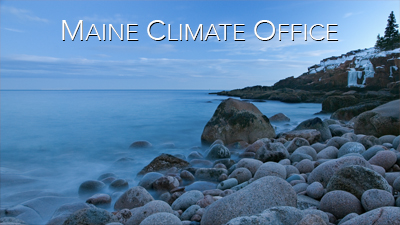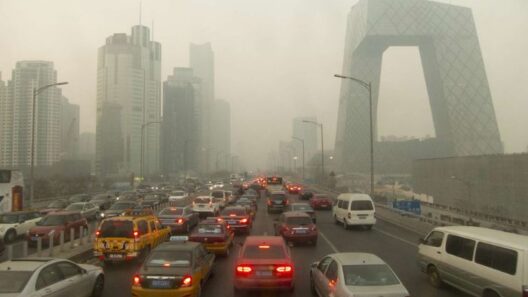The global economy is akin to a colossal ship, navigating through tumultuous and ever-changing waters. As industrial practices evolve and societal demands shift, one prevailing tempests looms above: global warming. This phenomenon, driven by anthropogenic activities, is not merely a fleeting shadow over industries; it is a potent force, reshaping paradigms and dictating the rhythm of economic transactions across the globe.
At the confluence of this economic upheaval stands the undeniable truth: climate change is not an isolated event but a tapestry woven into the very fabric of various sectors, making the need for adaptation and mitigation imperative. Whether it’s agriculture or manufacturing, transportation or technology, the narrative of industry is increasingly being rewritten under the scorching gaze of a warming planet.
Consider the agricultural sector, which serves as the backbone of many economies. Farmers once relied on traditional climatic patterns to secure their yields, but as these patterns oscillate unpredictably, they find themselves standing at the precipice of an existential dilemma. Droughts magnify in their ferocity while floods unleash a deluge upon the land. Resultantly, crop yields fluctuate dramatically, transforming food security into an uncertain prospect. The metaphor of a once fertile garden, now a patch of cracked earth, encapsulates the plight of many farmers forced to adapt their methods and employ innovative technologies that promise resilience against an inexorably changing climate.
Taking a closer look at the manufacturing industry reveals another layer of complexity. Facilities operating in regions once known for stable climates are now grappling with abnormal weather events. Extreme heat pushes energy demands to unprecedented levels, leading to strained power grids and skyrocketing operational costs. Perhaps the most intriguing metamorphosis lies in the burgeoning shift toward sustainable practices—businesses are beginning to reinvent their production methodologies. Manufacturers are increasingly adopting renewable energy sources, engaging in circular economy principles, where products are designed with their entire lifecycle in mind. The intertwining of necessity and innovation blooms like a resilient flower amidst ash, illustrating the adaptive spirit of industry in the face of climate adversity.
Transportation, an integral artery of global commerce, is also undergoing a radical transformation. The air and seas are not only conduits of goods but also harbingers of considerable emissions, spurring an urgent quest for greener alternatives. Electric vehicles are no longer a niche luxury; they are gaining momentum as the conventional combustion engine becomes a relic of the past. An analogy can be drawn to the speedy transit of a ship at sea, where the need for agility requires a pivot from heavy ballast to streamlined energy efficiency. Such voyages represent a collective aspiration, steering towards a future where sustainable practices become standard operating procedures, rather than exceptions.
In the realm of technology, the rise of smart solutions manifests as a beacon of hope. Big data analytics, artificial intelligence, and blockchain technologies are revolutionizing industries, offering tools to better monitor and manage resource consumption. Enterprises are harnessing these advanced technologies to drive efficiencies, optimize supply chains, and predict market fluctuations, rather than merely responding to them. The digitization of industries, much like the alchemical process of turning lead into gold, is unlocking untapped potential while also giving rise to ethical considerations surrounding environmental footprints. Thus, the interaction between innovation and ecological mindfulness moves to the forefront, reshaping governance frameworks and ethical business practices.
While individual industries adapt, they cannot thrive in isolation. The interdependence of global markets emphasizes the necessity for cooperation among nations. The repercussions of climate change do not know borders; they spread like an insidious vine, intertwining the fates of diverse economies. The Paris Agreement exemplifies an international effort to unite in the face of this existential threat, as nations work collectively to curtail emissions and endorse sustainable development goals. The collective journey is fraught with challenges, yet the prospect of resilience engenders a sense of shared responsibility—a formidable alliance against dwindling resources and existential threats.
Even sectors traditionally resistant to rapid change, such as finance, are coming to terms with the implications of a warming world. The advent of Environment, Social, and Governance (ESG) criteria signifies a profound ideological shift among investors. Capital is increasingly flowing towards ventures that prioritize sustainability, transforming the economics of risk and return. This metamorphosis casts a new light on investment strategies, highlighting the potency of ethical considerations and long-term sustainability over short-term gains. Echoing the rhythm of nature, investors are beginning to recognize that a flourishing planet yields the richest returns.
In synthesis, the global economy is locked in an intricate dance with climate change, each step choreographed by the pressing realities of our time. As industries pivot and adapt, the narrative of resilience takes center stage. The challenges posed by global warming require innovation, collaboration, and a paradigm shift towards sustainable practices across the board. The metaphorical ship of the global economy stands at the threshold of transformative potential, sailing towards an uncharted horizon, where the promise of environmental stewardship and economic viability coalesce. This voyage may be fraught with challenges, yet it also holds the promise of a new legacy—one where the scars of climate change become the catalyst for fervent ingenuity and unparalleled cooperation.







